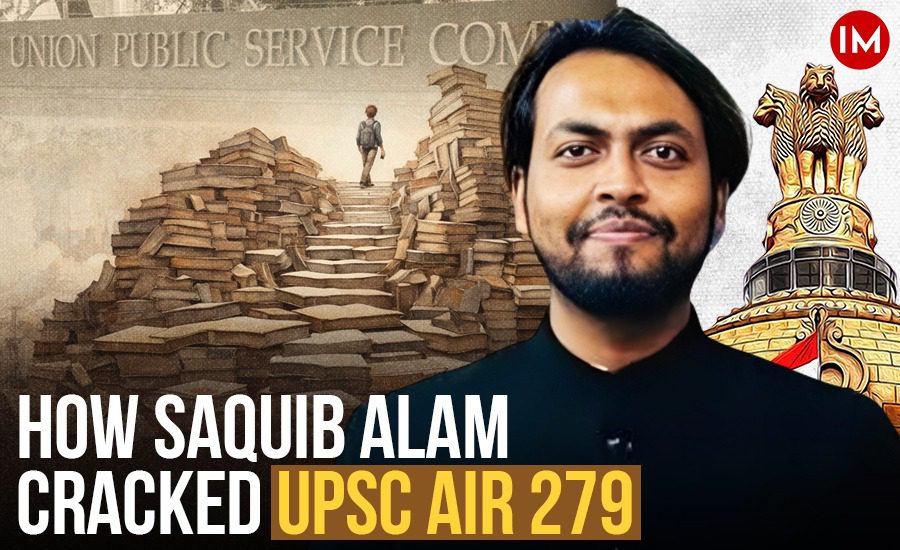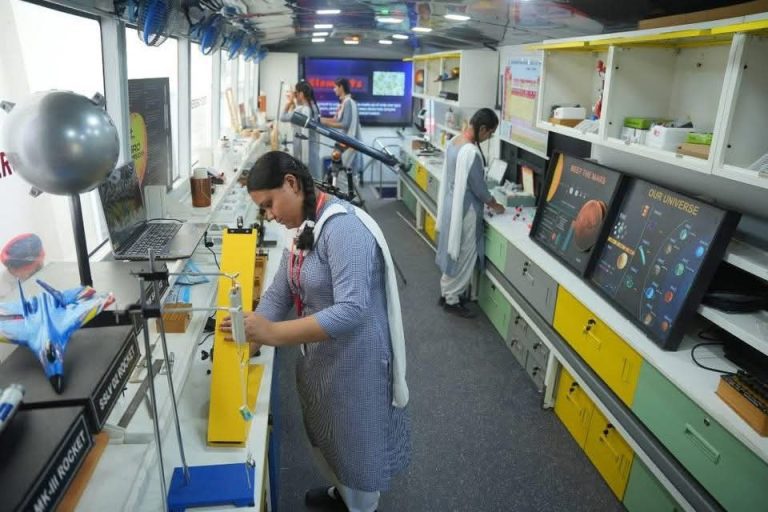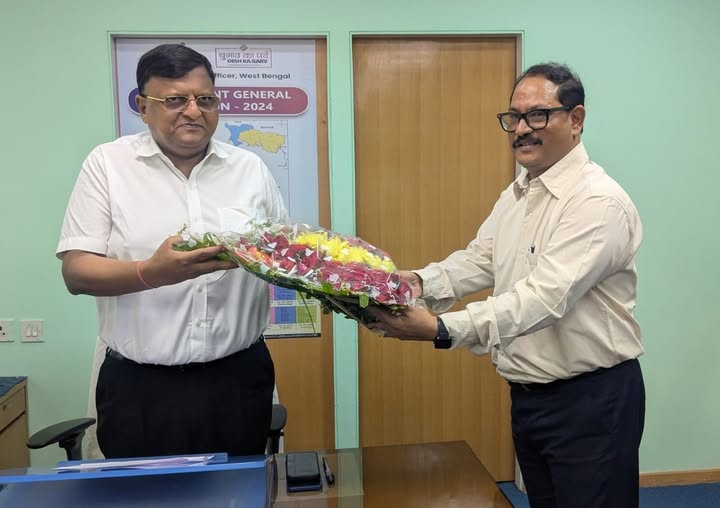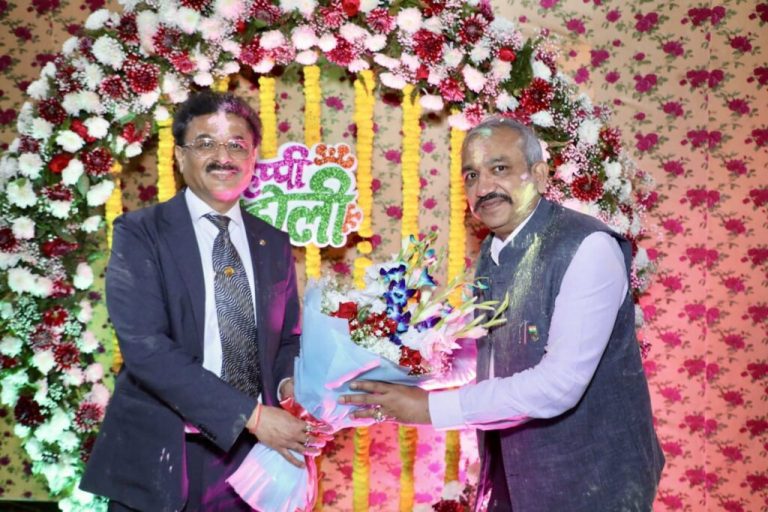In the quiet, pine-scented hills of Lansdowne, Uttarakhand, life moves at its own unhurried pace. Yet behind the calm façade of this cantonment town lies an engine of administration that keeps it running smoothly — and at the wheel is Saquib Alam. As the Chief Executive Officer (CEO) of the Lansdowne Cantonment Board, Mr Alam oversees a wide range of responsibilities — from maintaining civic amenities and preserving the town’s heritage, to managing land records and ensuring the welfare of residents. An officer of the Indian Defence Estates Service (IDES), 2022 batch, he represents a new generation of administrators who blend modern technical expertise with a deep sense of public responsibility.
In an exclusive video interview with Indian Masterminds, Mr Alam has shared his UPSC journey and how to prepare for UPSC and much more.
Watch the interview here-
GROWING UP IN LUCKNOW
Born and raised in Lucknow, the “City of Nawabs,” Alam grew up in a family that valued both ambition and balance. His father, a retired bank manager, and his mother, a homemaker, encouraged him to explore every side of learning. “My parents brought me up in a way that gave me experience of everything,” he recalls. His elder brother followed his father’s footsteps into banking, while Alam charted his own course.
In Inter College, he wasn’t just a topper — he was also a leader and an all-rounder. From being the state topper in both high school and intermediate examinations to captaining the cricket team and leading the art committee, Mr Alam’s school years reflected a rare mix of academic excellence and creative curiosity. Those formative years built in him a confidence that would later help him navigate the many turns of his professional life.
ENGINEERING DREAM AND CORPORATE SUCCESS
Cars fascinated Mr Alam long before he could drive one. “While others looked at cars from the outside, I looked underneath to see how they worked,” he says with a smile. This fascination led him to pursue mechanical engineering at Jamia Millia Islamia, Delhi, where he continued to excel — not just in studies, but also in sports and student leadership.
After graduation, he joined Mahindra & Mahindra’s automotive division in Pune as a vehicle integrator, a role that involved ensuring every new model met safety, performance, and regulatory standards. “Any design was basically my baby.” His performance quickly earned him recognition — he received the company’s prestigious Mahindra Rise Award and was promoted to deputy manager within three years.
Yet, something felt incomplete. Despite the professional rewards, Mr Alam wanted his work to create a more direct social impact. A conversation with his mother — “You couldn’t become a doctor, so why not try the civil services?” — planted the seed for a major life change.
LEAVING A CORPORATE CAREER FOR UPSC
In January 2018, Mr Alam made a decision that many would call risky: he resigned from his job at Mahindra to prepare full-time for the UPSC Civil Services Examination. It wasn’t an impulsive choice; it was the result of deep reflection. “I always did what I wanted to do because I knew what I was capable of,” he says. His father’s response was simple but reassuring: “We have full faith in you; do what you think is best.”
He joined Jamia Millia Islamia’s Residential Coaching Academy (RCA) and began his long and demanding preparation journey. Over the next few years, Mr Alam would face multiple setbacks — failing prelims, enduring pandemic disruptions, and seeing his father fight a critical illness during COVID-19. Yet, each failure brought lessons, and each challenge shaped his method.
SIX ATTEMPTS, ONE BREAKTHROUGH
Mr Alam appeared for the exam six times, finally clearing it in 2021 with All India Rank 279 — in a year when the number of vacancies was at a 12-year low. The journey was marked by experimentation, introspection, and consistent self-improvement. “It’s not a test of talent; it’s a test of how long you can stay true to your goal,” he reflects.
With psychology as his optional subject, he combined conceptual clarity with emotional awareness. His advice to aspirants is rooted in honesty: “At the end of the day, ask yourself — did I complete what I set out to do? If yes, sleep peacefully; if not, don’t lie to yourself.”
For mains, his focus was on shifting from reading to writing — turning information into structured answers, linking current affairs with theory, and using real-world examples to stand out. For prelims, he adopted a three-round approach — first attempting certain questions, then eliminating options, and finally taking calculated risks only when reasonably confident.
LESSONS IN PERSISTENCE AND PURPOSE
IDES officer Saquib Alam’s story isn’t about overnight transformation. It’s about consistent effort, honest self-assessment, and a willingness to start over. His belief is simple yet powerful: good intentions attract good outcomes. “When your intentions are pure, even the Almighty helps,” he says.
For UPSC aspirants and young professionals alike, his journey offers a practical message — success comes not from rigid routines or motivational slogans, but from clarity of purpose and sincerity of effort.



































